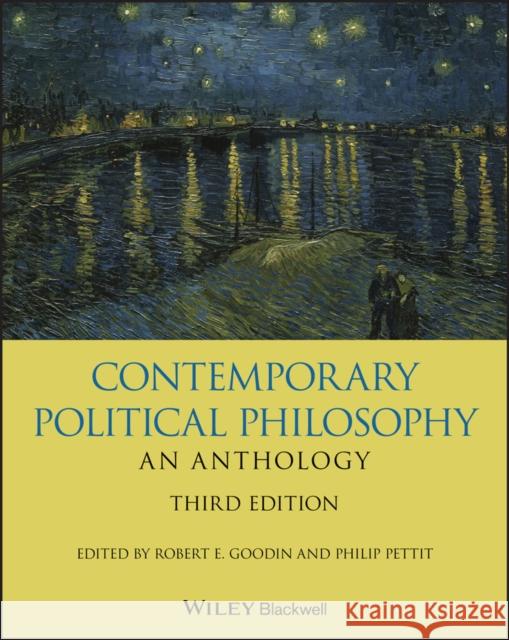Contemporary Political Philosophy: An Anthology » książka
topmenu
Contemporary Political Philosophy: An Anthology
ISBN-13: 9781119154167 / Angielski / Miękka / 2019 / 736 str.
Kategorie BISAC:
Wydawca:
John Wiley and Sons Ltd
Seria wydawnicza:
Język:
Angielski
ISBN-13:
9781119154167
Rok wydania:
2019
Numer serii:
000002731
Ilość stron:
736
Waga:
1.13 kg
Wymiary:
23.37 x 18.54 x 2.79
Oprawa:
Miękka
Wolumenów:
01
Dodatkowe informacje:
Bibliografia











